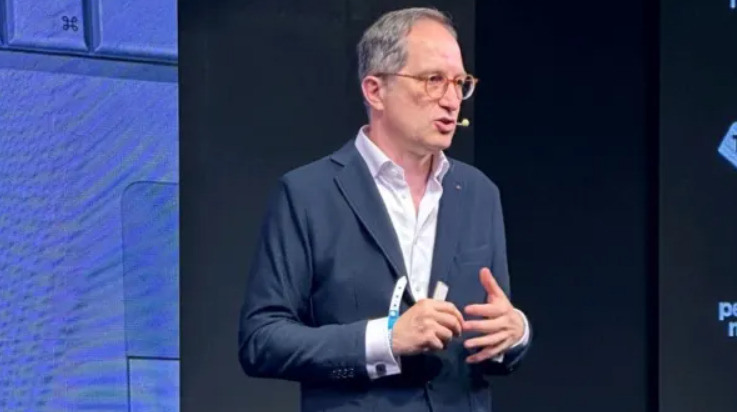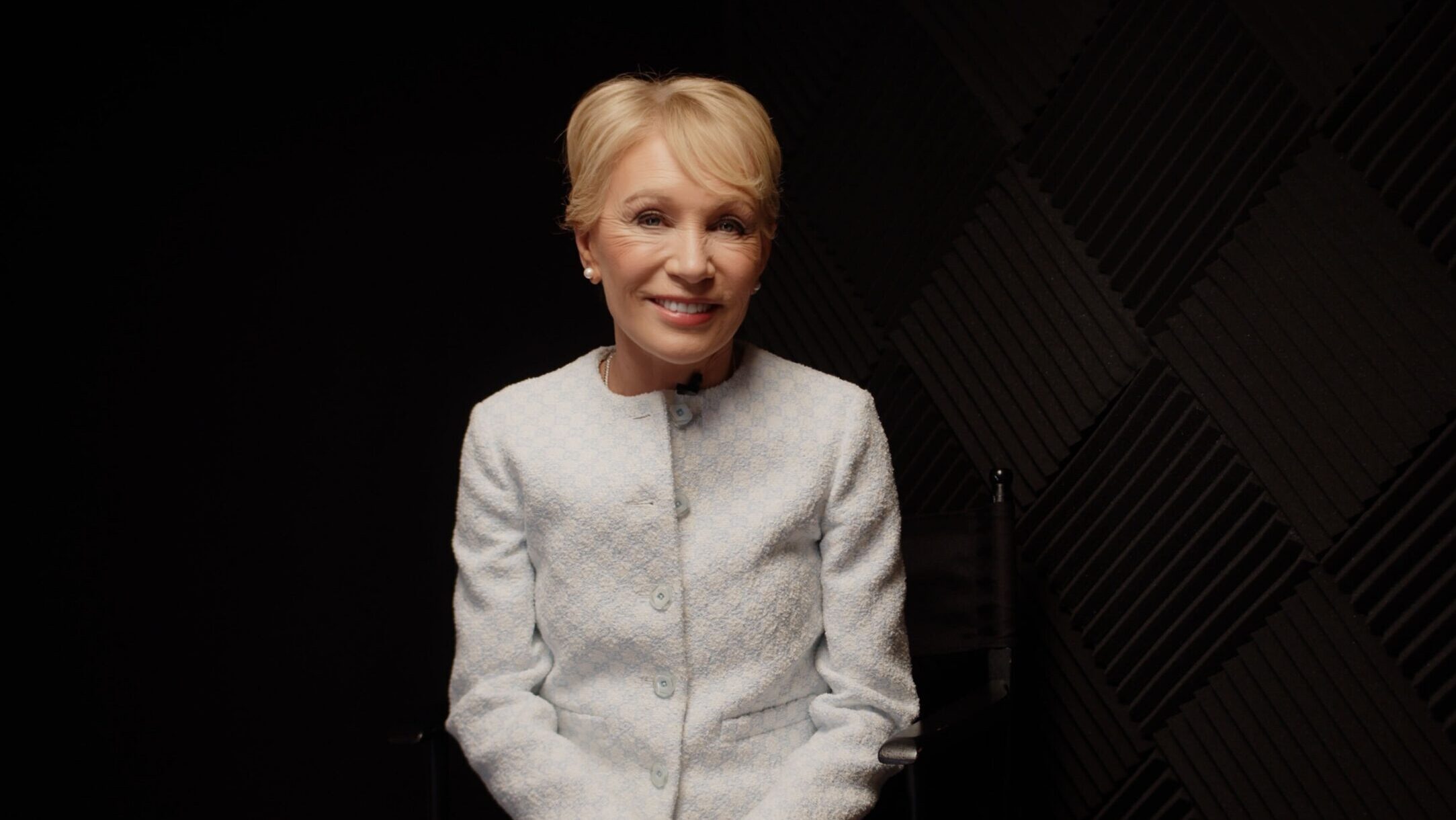
Erika Ayers Badan: You Are The Problem (And The Solution)
This is an episode for people grappling with how to manage and how to embrace AI. Good managers in the future will seamlessly balance being…
Thought Leader: Erika Ayers Badan

We are a data-driven economy where leaders have more information, yet “less and less time to turn that into real practical knowledge,” according to world-renowned entrepreneur and futurist Peter Hinssen.
It’s the challenge of translating data and information into the power to make decisions which grounds Hinssen’s theory of resilience – and it’s no different from how the mythical creature of the phoenix rises out of adversity. In the case of businesses today, it’s constant digital disruption.
The bestselling author Hinssen delivered the opening keynote at TechHR India 2024, where he spoke about how companies can cultivate “the Phoenix mindset,” a way of reimagining success amid disruption.
Hinssen points to economist Joseph Schumpeter’s notion of creative destruction to drive home the point of building organisational resilience.
“If you have a radically new type of environment, a completely new transforming technology, you often have the older players that cannot move fast enough,” he said, highlighting how these watershed moments create opportunities for new players to come in. “This is a classic red pill, blue pill moment.”
“You can choose to ignore it, but I believe that we’re going to have more change. We’re gonna have more volatility,” Hinssen explained.
“AI certainly is the big buzzword today. It’s a scary subject,” he said.
However, for Hinssen, who is a serial entrepreneur and champion of innovation, technology will continue to be at the core of building resilience despite it being a source of more “unknown unknowns” in the world.
“How are you going to be able to leverage the unknown unknowns?” Hinssen said. “This is exactly what ‘never normal’ is all about. If you want to leverage it, you have to understand four characteristics of that ‘never normal’. It’s a world which is nonlinear, superfluous, hyperconnected, and moving at an unprecedented speed.”
“We’re living in a world that’s never normal, which is changing shape shifting all the time. We have to adjust faster and faster. We have to be more agile than ever before. And the pandemic was an excellent example of that. I mean, you will all remember March 2020, when the world changed. All of a sudden, you know, what we thought was impossible actually happened. Offices changed for good. And it wasn’t just, you know, a virus. It wasn’t just technology. It was a complete societal shift,” Hinssen recounted.
Hinssen is known for his ideas on innovation, disruption, “long-term thinking” and digital transformation. His latest book, The Phoenix and the Unicorn, contrasts the concept of the two mythical creatures and uses them as metaphors for today’s organisations.
While most professionals will likely never “become, found, or work for” unicorns, the threat of disruption opens for many the opportunity to become more like the phoenix. The concept refers to how “time and time again they rise from the ashes of the old, and come out stronger than ever before,” as the book proposes.
A paradox emerges from this philosophy. Hinssen has long been an advocate of the quest to find equilibrium in a world of constant change. Yet, only through innovation and experimentation can modern businesses reach equilibrium in a state of flux.
Hinssen believes organisations “can apply innovation as an antidote to a radically changing environment”. As a thought leader, he provides more than just proscriptions on what to do to innovate and delves into how leaders can “make innovation a reality in their organisation”.
Erika Ayers Badan: You Are The Problem (And The Solution)
This is an episode for people grappling with how to manage and how to embrace AI. Good managers in the future will seamlessly balance being…
Thought Leader: Erika Ayers Badan
Mike Pence on U.S. Leadership and Global Strategy
Former Vice President of the United States, Mike Pence, shares his thoughts about President Trump’s framework on trying to acquire Greenland, and discusses what he…
Thought Leader: Mike Pence
Barbara Corcoran on Why Most Entrepreneurs Fail
Shark Tank star and real estate mogul Barbara Corcoran shares her unfiltered advice on entrepreneurship, investing, and building long-term success. Corcoran explains how she evaluates…
Thought Leader: Barbara Corcoran

